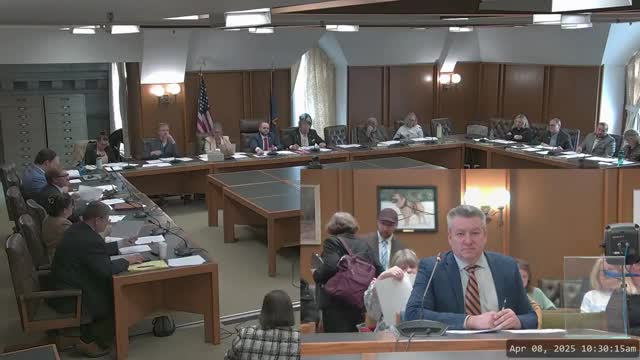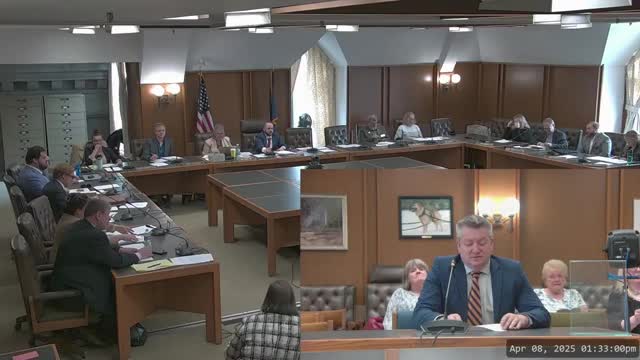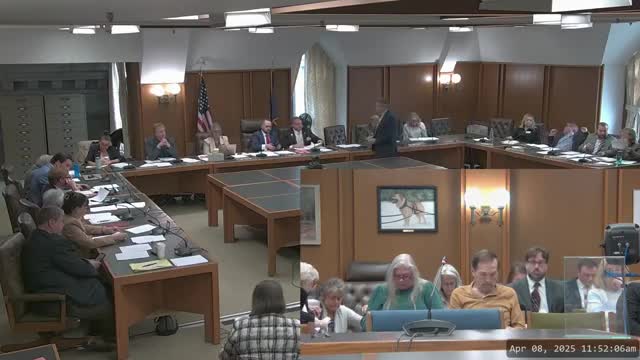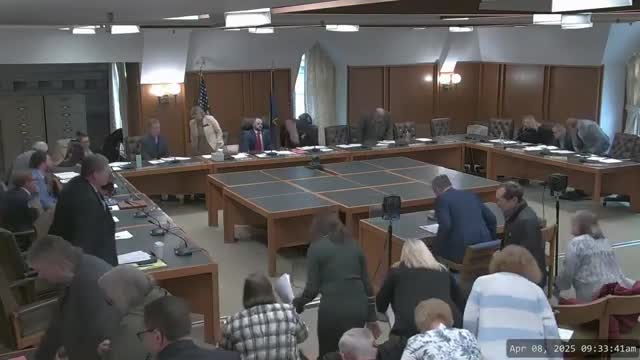Article not found
This article is no longer available. But don't worry—we've gathered other articles that discuss the same topic.

Bill to bar planning boards from treating units differently by bedroom count draws sharp debate

SB 284 seeks to limit municipal parking minimums; testimony split between development flexibility and local traffic/parking concerns

Small change proposed to floor‑area ratio rules to exclude below‑grade areas from massing calculations

Sponsor says independent permitting would speed building; building officials urge caution on SB 188

Committee hears mixed testimony on SB 173 to standardize taxes for low‑income housing projects

